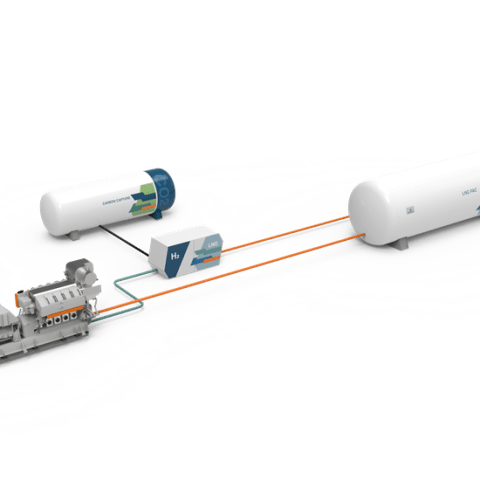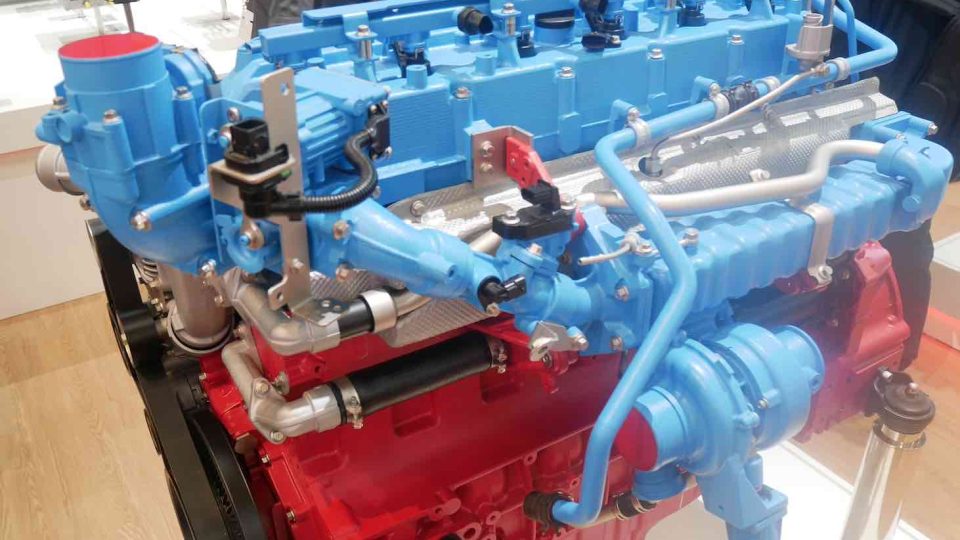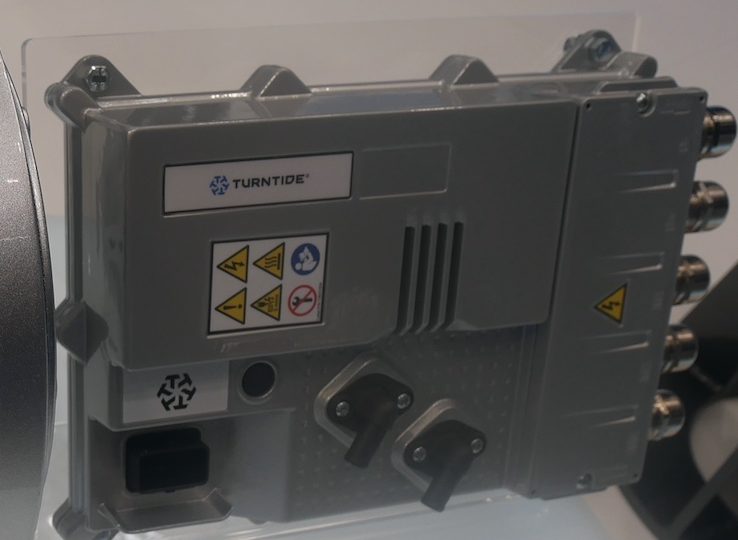ABB and Wärtsilä in a common effort towards hydrogen
Class society RINA, together with technology providers ABB, Helbio (subsidiary of Metacon AB), the Liberian Registry, Wärtsilä and an Energy Major have entered in a common effort to deliver a solution with hydrogen as fuel

Class society RINA, together with technology providers ABB, Helbio (subsidiary of Metacon AB), the Liberian Registry, Wärtsilä and an Energy Major have entered in a common effort to deliver a solution with hydrogen as fuel that would exceed IMO 2050 targets for 70% reduction of carbon intensity without the need for extensive infrastructure investment, offering the shipping industry a low-carbon pathway in shorter timescales.
The difficulties and costs associated with the production, distribution and storage of hydrogen on board have challenged the interest in its direct use as fuel. By producing hydrogen on board and using affordable and readily available LNG the solution meets the very demanding IMO targets for 2050 in a much shorter time frame.
Hydrogen onboard
The concept is based on combining the ship’s fuel (natural gas) with steam to produce hydrogen and CO2. Hydrogen will then be used directly in internal combustion engines or fuel cells, without the need to be supplied and stored on board. The CO2 will be liquefied by the cryogenic stream of LNG that would be used as fuel anyway and stored on board for later disposal ashore for carbon storage and use. In case of tankers, the stored CO2 can also be used as inert gas. The equipment necessary to meet the IMO2050 can easily be fitted on the deck of a commercial vessel in a progressive manner, at subsequent drydocks after ship’s delivery. The duration of the transition will depend on how far the owner wishes to remain ahead of the competition in terms of efficiency and sustainability and exceed the regulatory requirements. Only LNG bunkering will be required and, by progressively increasing the production of hydrogen, the consumption of fossil methane and associated methane slip will be reduced at the same rate. This revolutionary concept will support the shipping industry’s gradual transition from LNG to hydrogen, without any major transformation of technology on board a ship.Wärtsilä and ABB will support the application of hydrogen in powering internal combustion engines and fuel cells respectively, while Helbio will provide the technology and manufacturing of reformer. RINA and Liberian Registry will provide advice and guidance on the application of rules and regulations for novel concept alternative designs, based on Hazid/Hazop analyses, as well as specific rules for this kind of arrangement.









